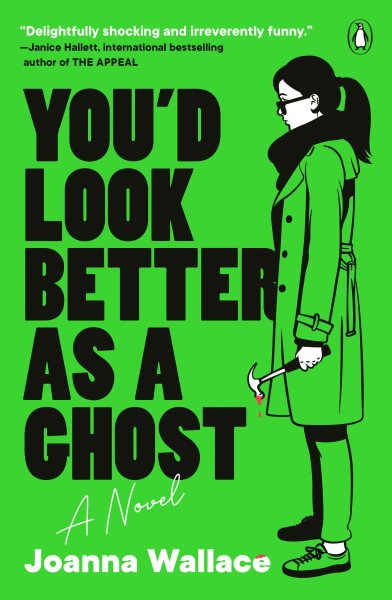
Francis Iles (aka. Anthony Berkeley)
Originally Published 1931
And so I reach another milestone for the blog. This marks my hundredth review since starting the blog back in October last year and I knew I wanted to pick something special to mark the occasion. Given my love of inverted crime novels it could only be a matter of time before I tackled one of the biggest titles in the sub-genre, Malice Aforethought.
This novel written by Anthony Berkeley Cox under the pseudonym Frances Iles was not the first inverted mystery to be written but it did play a significant role in popularizing the psychological, inverted approach to mystery fiction. In addition there is a style of storytelling employed that is quite distinctive, leading to other stories that adopt a similar approach being described as Ilesian. In short, we are dealing with a significant work here.
Malice Aforethought introduces us to Dr. Bickleigh, a country doctor who has decided that he wants to murder his wife. In the course of the first few chapters we get a sense of both his and his wife’s respective characters and the specific events that have led him to feel that way. It should be said that while he comes to this conclusion there will be a long way to go before he actually commits the murder but this thought, conceived after being bossed around at a tennis party his wife has organized, represents a shift in his thinking and the start of a new, dark path for him.
The opening chapters allow us to start to build a psychological portrait of the man and the forces that are shaping him. We learn more about the nature of his marriage to Julia, his desires and some of the complexes that he possesses. As effective as those chapters are, I think his character is best developed in his interactions with others as we see the way he treats some of the villagers rather than in the more explanatory passages.
Bickleigh is an intriguing protagonist because while he does some horrible stuff and is plainly not a nice man, there are points at which you might feel quite sympathetic towards him. This is a man who is longing for something his life cannot give him, in part because of his limited means and social standing and who in marrying upwards has placed himself in a position where he feels and is made to feel inferior to his domineering wife.
In many ways Julia is an even more interesting psychological portrait than Bickleigh because the narration is not as sympathetic to her character, forcing the reader to make their own judgments about some of her actions. We may question why she married Bickleigh in the first place, how she feels about him at the point the story begins, what she is looking for from life and what she is really intending when he first asks her for a divorce. Like her husband, our feelings about her may shift at points and even now I am not entirely sure how I feel about her.
Many of the other women in Bickleigh’s life are similarly hard to pin down. Madeleine, the young woman who has just moved to the Hall at the start of the novel, is also hard to get a definitive read on. Often her actions seem to contradict themselves, sometimes seeming to encourage Bickleigh’s interest while at others pushing him away. And then there’s Ivy… It strikes me that while Bickleigh may be an interesting protagonist, it is the women he is drawn to and their responses to him that I find to be one of the most interesting aspects of the novel.
But to return to Bickleigh, the first half of the novel sees him conceive and execute a plan to kill his wife. Knowing that he will be responsible, our interest then will be not only understanding why he will do this but how it shall be done. The second half of the novel focuses on the consequences of that act both legally and also in terms of the way his wife’s death will be interpreted.
I found both parts of this novel to make for compelling reading and enjoyed seeing how Bickleigh’s plans would unfold. His plans are, on the face of it, quite ingenious and while there are a few small mistakes made, this only builds anticipation for the courtroom scene towards the end of the novel. The reader is likely going to have an idea of the issues with his defence that will be exploited. Instead the author subverts some of those expectations, delivering an ending that is surprising even when you know a surprise is coming. It is done quite masterfully and I think that ending is probably the greatest reason that this novel stands out as a seminal work in the sub-genre.
So, after saying all that surely this work must stand as my favorite inverted mystery? Not quite, though it comes close. I was certainly gripped and highly entertained, devouring the whole thing in a single sitting. Bickleigh is certainly an interesting protagonist and I enjoyed learning what drove him and where he would go but his plan, while certainly audacious, is also quite technical and much of his plan remains entirely in his control.
It is certainly a very satisfying adventure though and I certainly think it deserves to be held up as a classic of the crime genre. Unfortunately it currently seems to be out of print though apparently Macmillan will be releasing a collector’s hardcover in 2019. I am certain I’ll be picking up another copy to add to my permanent collection.
Vintage Mysteries Challenge: Features a courtroom scene (Where)




Leave a comment